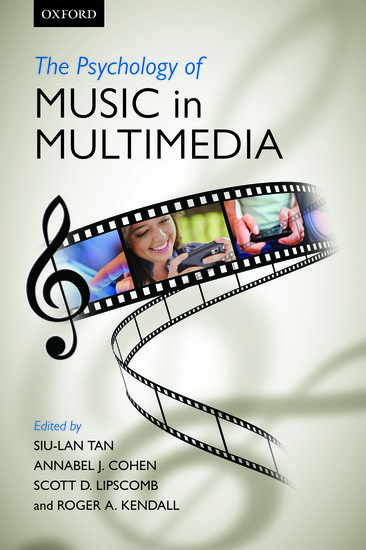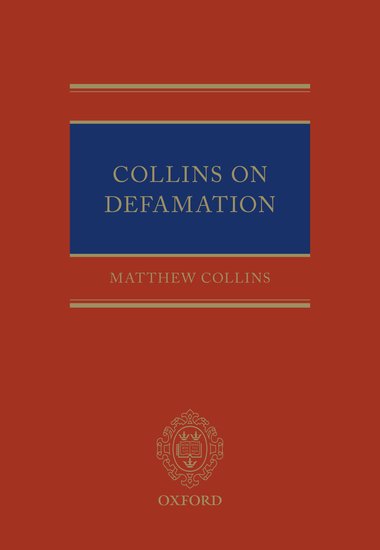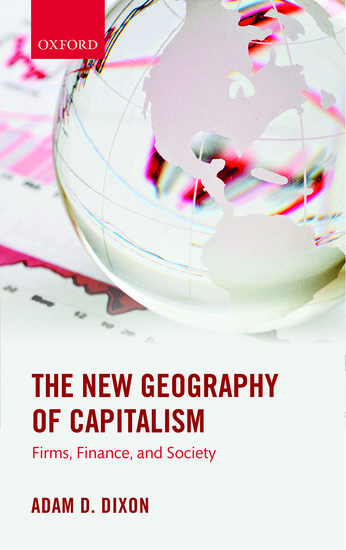Schizophrenia and oral history
By Caitlin Tyler-Richards
It’s been awhile, but the Oral History Review on OUPblog podcast is back! Today’s episode features OHR contributors Drs. Linda Crane and Tracy McDonough answering OHR Managing Editor Troy Reeves’s questions about the Schizophrenia Oral History Project and their article, “Living with Schizophrenia: Coping, Resilience, and Purpose,” which appears in the most recent Oral History Review.

















